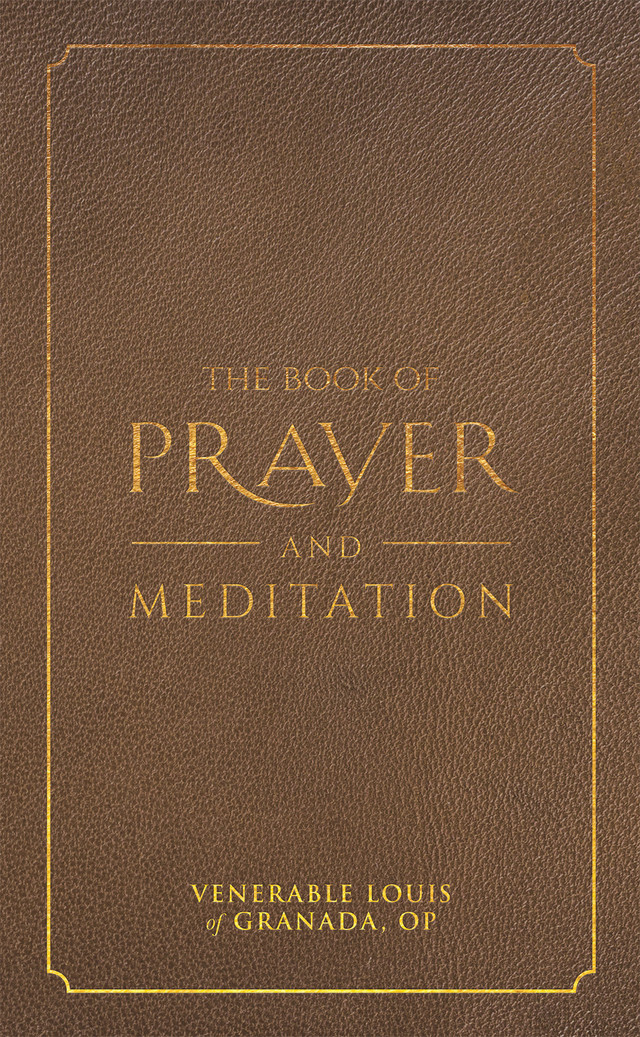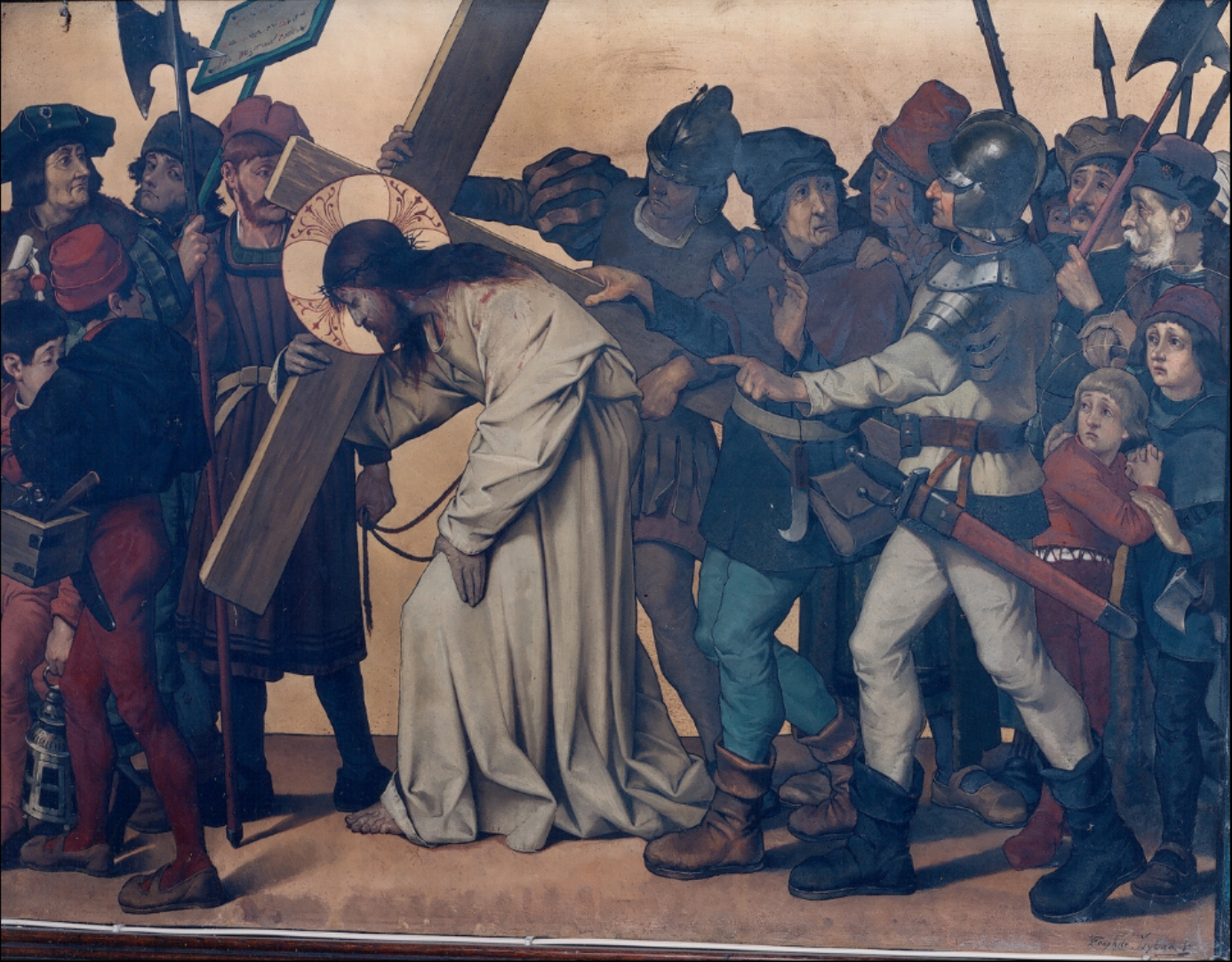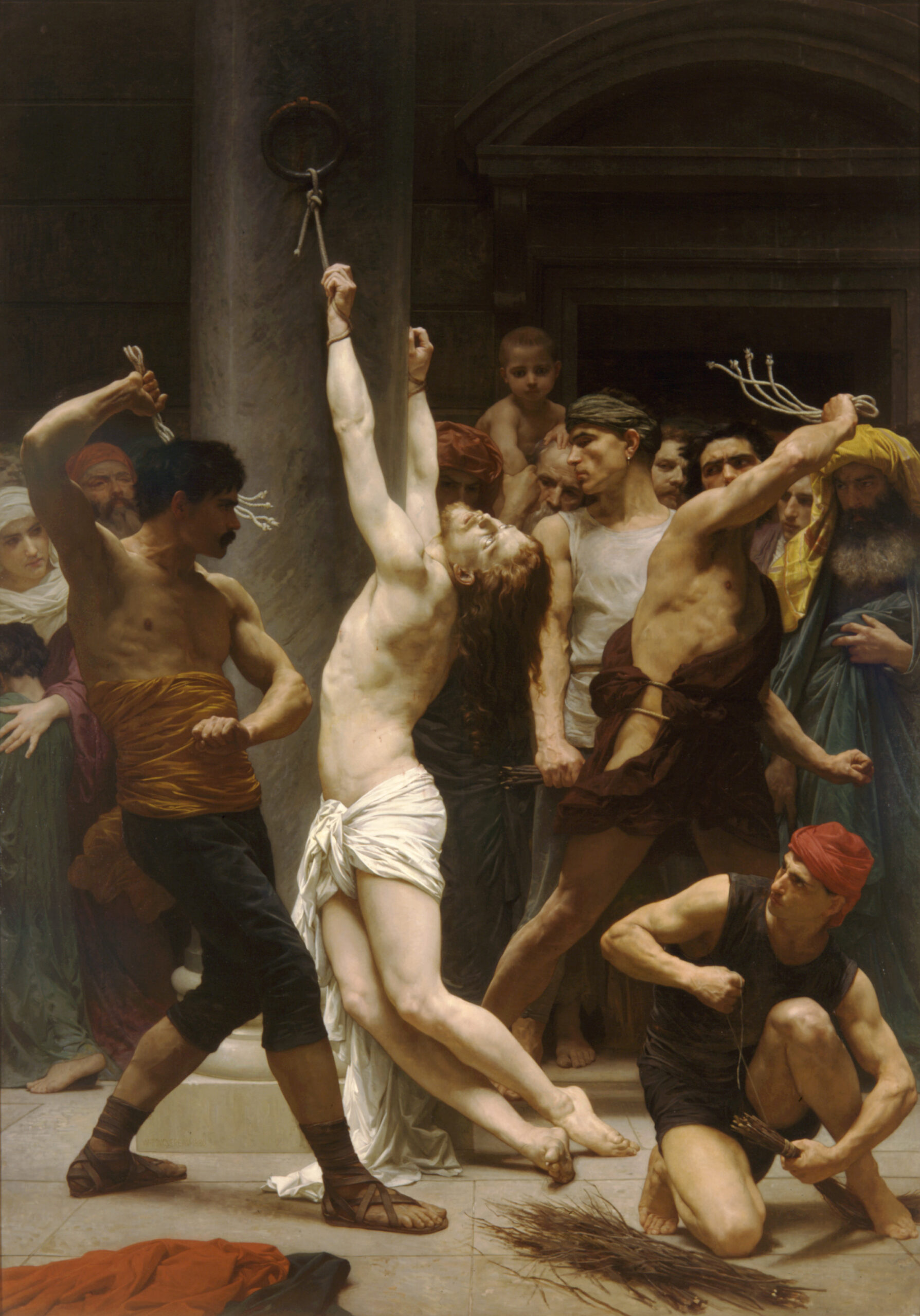The exercises of prayer, consideration, and meditation are not just reserved for religious, but also are of great necessity to the laity. Follow along with Venerable Louis of Granada as he outlines why all souls should practice these exercises and their importance in guarding against sin.
The Exercises of Prayer and Meditation Pertain to All
But peradventure thou wilt say, that these exercises of prayer, consideration, and meditation do appertain only unto religious persons, and priests, and not to the laity. True it is I grant, that these exercises do principally appertain unto religious persons, and priests, by reason of their state, and profession of life: but yet nevertheless, the laity are not utterly excused of using some kind of exercise of prayer (though not in so high a degree, and perfection,) if they mind continually to preserve themselves, and to live in the fear of God, without committing any deadly sin. For even the laity also are bound to have Faith, Hope, Charity, Humility, the fear of God, contrition, devotion, and an hatred against sin.
How to Persevere These Virtues
How seeing all these virtues be for the most part virtues affective, (as we have already declared,) which affections must necessarily proceed of some consideration of the understanding, if this consideration be not exercised, how shall these virtues be preserved? How shall a man help himself by faith, if he do not sometimes consider such things, as his faith telleth him? How shall he be enkindled in charity, and strengthened in hope, how shall he bridle himself with the fear of God, how shall he be moved to devotion, to sorrow for his sins, and to the contempt of himself (wherein consisteth the virtue of humility, which appertaineth unto all kinds of persons) if he do not consider those things, wherewith these affections are wont to be enkindled, according as we have before declared? Neither ought a man to pass over these things in the exercise of consideration with to much speed, and in post haste. For among the miseries of man’s heart, one of the greatest is, that it is so sensible to understand the things of the world, and so unsensible to understand the things appertaining unto almighty God. Insomuch that unto the one, it is, as it were a very dry reed, and to the other, as it were green wood that can not be set on fire, and enkindled, but with very great labor, and travail. And therefore we must not in our exercise of consideration pass over these things in such haste, but stay, and pause for a time in them, more or less, according as the holy Ghost shall instruct us, and according also, as the business and occupations of every man in his state, and vocation of life shall give him leave. And it is not a matter of mere necessity to have certain times appointed every day for consideration.
The Dangers of the World are Ever Lurking
Unto these things ye may add furthermore, the dangers of the world, with all the great difficulties men have to preserve themselves without deadly sin, in a body of evil disposed, and in a world so dangerous, and among so many enemies, as we have continually assaulting us on every side. And therefore (if for that thou art not a religious person) thy state of life do not bind thee unto so much exercise of prayer, and meditation: yet the greatness of the danger wherein thou livest in the world, must needs bind thee to use some exercise therein. The state of a religious person (I confess) is greater than thine, but thy danger of falling into deadly sin, is also greater than his. For the religious person is protected, and guarded, by his superior, by enclosure within his monastery, by observance of his rules, by obedience, by prayers, by fastings, by saying daily divine service, by the austerity of his order, by good company, and religious conversation, and by all other spiritual exercises, and virtuous labors of the holy monastical life; insomuch as even the very walls of their monasteries be a great defense, and safeguard unto them, to keep them from the occasions and dangers of deadly sin: But the lay person living, practicing, and dealing daily and hourly in the throng, and press of the world, (besides that he is destitute, and unprovided, of all these great helps, and safeguards) he is compassed about also on all sides, with dragons, and scorpions, and treadeth always upon serpents, and basilisks: I mean, the dangerous conversation with wicked persons, and the continual occasions, and temptations, of falling into deadly sin, both at home, and abroad, within himself, and without himself, both at doors, and at windows, and hath a thousand several devilish engines, and snares, laid to entrap him at all times, both day, and night.
Always Stand Guard Against Temptation
Among all which dangers, and temptations, for him to keep his heart pure, and his eyes chaste, and his body clean, in the midst of the raging fires of youth, of naughty company, of lewd conversation, and among so many evil examples of this wicked world, (where there is scarcely heard one word of God, but rather jesting and scoffing at all such, as be given to virtue, and godliness) it is one of the greatest wonders, that almighty God worketh in the world. Wherefore if the religious person ought to be always armed, because he is by his profession a man of war: even so must the lay man be armed also in his manner, (although not in so high a degree:) not because the perfection of his state of life doth bind him so much thereunto, but by reason of the great peril and danger he liveth in. For as well do they go armed, that have enemies, as those that be soldiers, and men of war. The soldiers go armed by reason of the bond, and duty of their profession, and the others go armed by reason of their necessity. Among which spiritual weapons, we do not only put prayer, consideration, and meditation: but also fasting, silence, hearing of Sermons, reading of devout books, frequenting the Sacraments, and avoiding the occasions of sins, with all other austere usage of the body. All which things be as it were a certain brine, and pickle, to keep and preserve this corruptible, and evil inclined flesh of ours, that it breed not worms, and stench in it. For undoubtedly, since the corruption of original sin, it is the greatest and hardest matter of the world, for men to keep themselves any long time without deadly sin, living in such a corrupt and dissolute wicked world as this is. For if those very persons, that do use all these spiritual helps, and exercises, are all that notwithstanding much molested with the fear, and danger of falling into deadly sin: what shall become of those, that do never use any of all these spiritual exercises scarcely in all their life? And if the holy king David, and many other saints (that lived with so great wariness, and virtuous discipline, and went armed with so many kinds of spiritual weapons) did notwithstanding take such great falls, at what time the occasions of sin were ministered unto them, what shall become of them (trow ye) that make none accompt at all, of any of these spiritual exercises.
ooo
This article is taken from a chapter in The Book of Prayer and Meditation by Venerable Louis of Granada, OP which is available from TAN Books.









